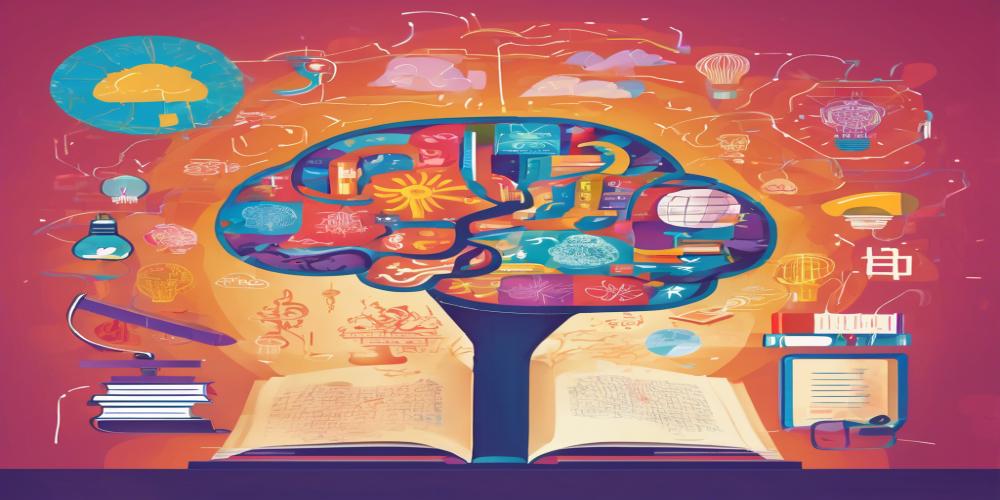The Benefits of Learning a New Language for Mental Acuity
The Benefits of Learning a New Language for Mental Acuity
In an increasingly globalized world, the ability to speak multiple languages has become a valuable asset. Beyond the practical advantages such as enhanced career opportunities and the ability to travel more comfortably, learning a new language has been shown to have significant benefits for mental acuity. This blog explores how learning a new language can boost cognitive functions, delay the onset of dementia, improve multitasking abilities, increase cultural awareness, and even enhance overall educational performance.
Boosting Cognitive Functions
One of the most well-documented benefits of learning a new language is its positive impact on cognitive functions. Studies have shown that bilingual individuals typically have better memory, improved problem-solving skills, and enhanced critical thinking abilities. When you learn a new language, your brain must navigate complex grammatical structures, vocabulary, and pronunciation rules. This mentally strenuous activity engages multiple regions of the brain, including areas responsible for memory, attention, and comprehension.
Enhanced Memory
Bilingual individuals often exhibit better working memory compared to monolingual peers. Working memory handles temporary storage and manipulation of information, which is crucial for tasks such as following directions, making calculations, and comprehending texts. The constant need to switch between languages and recall words from a larger vocabulary pool strengthens the memory muscles.
Better Problem-Solving and Critical Thinking
Navigating through two or more linguistic systems makes bilingual individuals more adept at identifying patterns and making connections. Their brains become attuned to recognizing subtle differences in language, which translates into a keen ability to solve complex problems and think analytically.
Delaying the Onset of Dementia
Several studies indicate that bilingualism can delay the onset of dementia and Alzheimer’s disease. Research conducted by Dr. Ellen Bialystok and her team discovered that bilingual individuals typically develop symptoms of Alzheimer’s disease about four to five years later than monolinguals.
Cognitive Reserve
The theory behind this finding is that bilingualism contributes to what is known as “cognitive reserve.” This reserve acts as a buffer against cognitive decline because the brain has built up stronger neural pathways through the continuous practice of switching between languages and handling complex linguistic structures. As a result, the brain can compensate for age-related damage more effectively.
Improving Multitasking Abilities
Another significant cognitive benefit of learning a new language is an improvement in multitasking capabilities. Switching between different languages requires what is called “task-switching” or “cognitive flexibility.” Bilinguals frequently need to switch from one language to another, activating one language while inhibiting another based on the context.
Cognitive Flexibility
This constant practice enhances a bilingual person’s ability to switch between tasks smoothly without a significant drop in performance. Such cognitive flexibility makes bilingual individuals more efficient at handling multiple tasks simultaneously, a skill that is highly valuable in today’s fast-paced world.
Increasing Cultural Awareness and Empathy
Although primarily a cognitive exercise, learning a new language also opens doors to new cultures. As you learn a language, you inevitably learn about the customs, traditions, and social norms of the people who speak it. This cultural immersion promotes a greater sense of empathy and understanding toward people from different backgrounds.
Bridging Cultural Gaps
Language is deeply intertwined with culture. By gaining proficiency in another language, you start to see the world from a different perspective. This broader worldview fosters greater empathy and makes it easier to communicate and connect with people from diverse cultures. Such cultural sensitivity is an invaluable skill in both personal relationships and professional settings.
Enhancing Overall Educational Performance
The cognitive benefits gained through language learning can also spill over into other areas of education and learning. Studies have shown that children who learn a second language often outperform their monolingual peers in standardized tests, particularly in reading, vocabulary, and mathematics.
Academic Benefits
This is partly because language learning enhances students’ ability to concentrate on complex tasks and ignore distractions. Moreover, the analytical skills developed through learning a new language can make it easier for students to grasp abstract concepts in subjects like math and science.
Conclusion
Learning a new language is more than just a means to communicate with a wider audience. It is a powerful cognitive exercise that boosts memory, problem-solving skills, and critical thinking. It provides a cognitive reserve that can delay the onset of dementia and makes multitasking a breeze. Moreover, it broadens cultural horizons and fosters empathy while also positively impacting overall educational performance.
So whether you are a student aiming to excel academically, a professional seeking a competitive edge in the marketplace, or simply an individual looking to keep your mind sharp, learning a new language offers a wealth of benefits that extend far beyond the ability to converse in a foreign tongue.
So why wait? Dive into a new linguistic adventure and give your brain a workout that will keep it fit and agile for years to come.










